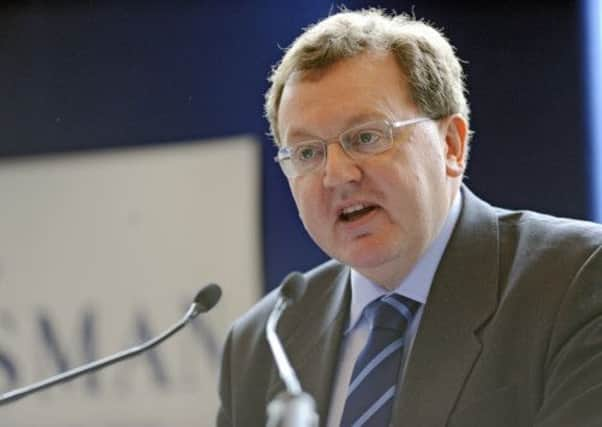Scottish investment rise higher than UK


Across Britain, the number of foreign direct investment projects increased by 11% in 2012-13, while Scotland saw a 16% rise.
But the increase in Scotland is lower than both Northern Ireland and Wales where the number of projects increased by 41% and 191% respectively.
Advertisement
Hide AdAdvertisement
Hide AdA total of 111 projects in Scotland had overseas money invested last year, compared with 96 in 2011-12 and 78 in 2008-09.
The increase was revealed in the Inward Investment Annual Report, published by UK Trade and Investment (UKTI).
Across Britain, UKTI recorded 1,559 investment projects for 2012-13 which either created or safeguarded 170,096 jobs, 51% more than in 2011-12.
Compelling
UK Government Trade and Investment Minister Lord Green said: “The UK has received a major vote of confidence from foreign investors, confirming that the UK remains a world-leading business destination.
“Attracting foreign investment is an important element of the UK Government’s economic and growth programme, and UKTI will continue to work with companies to help create and sustain a globally attractive, highly competitive and truly international economy.”
Scotland Office Minister David Mundell said: “Today’s figures show how compelling a case the UK continues to make for investment on the international stage. Our single market, skills and opportunities are second to none and are seen positively by investors around the world.
“The news that Scotland has been able to increase its direct investment by 16% is very welcome and shows the attractiveness of being part of the UK which uses the same currency and has the same regulatory regime in place across the whole country.
“There is no room for complacency however. The UK Government is doing its part to support inward investment and the Scottish Government and its agencies must continue to do the same.”